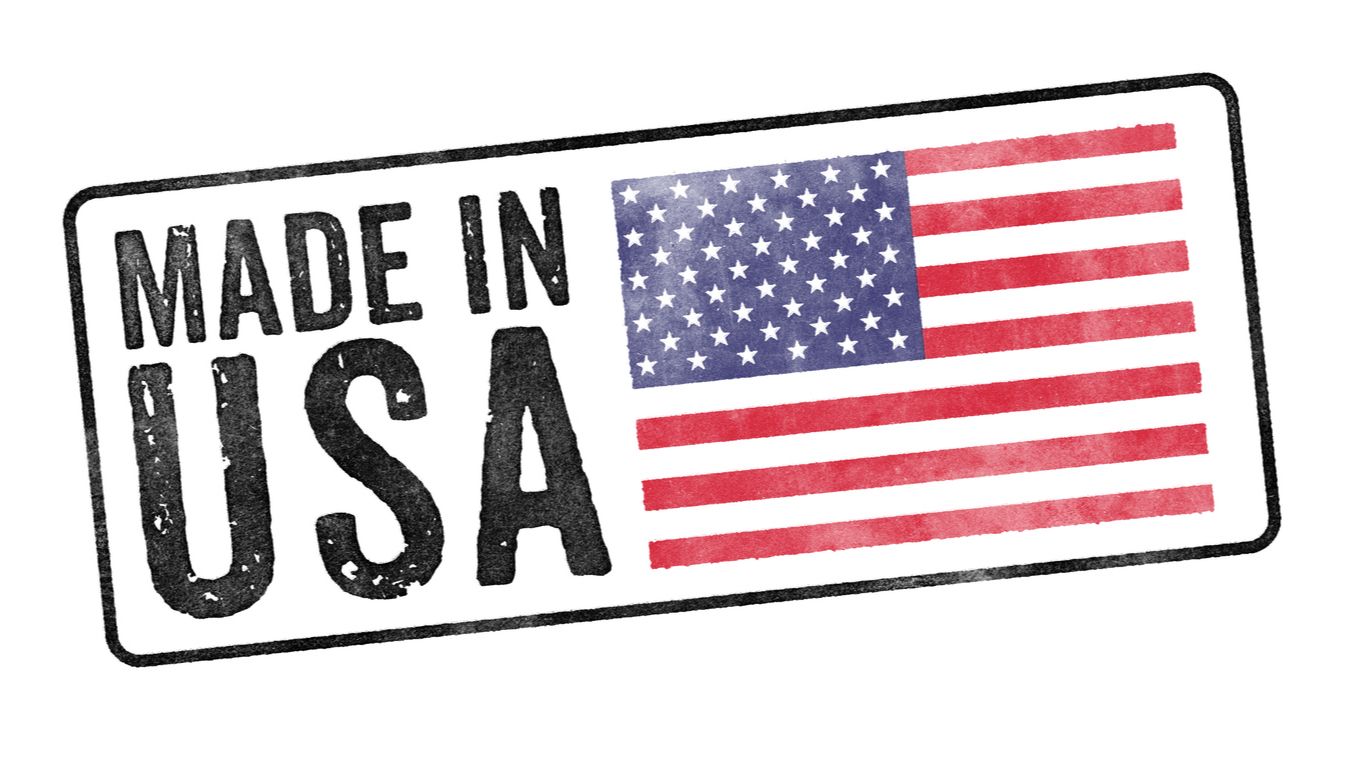
What Does “Made in the USA” Really Mean?
Oct 06, 2025The phrase Made in the USA carries a lot of weight. For some, it’s a point of pride. For others, it’s a reassurance of quality or ethical labor practices. But the reality is more complicated. Over time, the meaning has shifted—shaped by globalization, trade policies, and changing consumer expectations. In a recent Management Under Construction podcast, Brad and I peeled back the layers, shared personal stories, and explored how these labels affect not only our purchasing decisions but also the projects we work on every day.
At its core, the Federal Trade Commission (FTC) provides guidelines for what qualifies as Made in the USA. But even these definitions leave plenty of ambiguity, which opens the door for consumer confusion. Labels like Made in America or sustainability claims often sound reassuring, but many have no legal backing. The result is a marketplace where buyers can be misled and businesses can play fast and loose with language.
Globalization and trade agreements like NAFTA have also reshaped the landscape of American manufacturing. While overseas production can lower costs, it has contributed to the decline of domestic jobs and, in many cases, reduced quality. Construction professionals, in particular, know the pain of rework and delays when imported products don’t meet standards. COVID-19 made these vulnerabilities even clearer, as supply chain disruptions left projects scrambling for materials and exposed the risks of relying too heavily on overseas production.
Beyond economics, there’s also the human and environmental cost. Manufacturing in countries with lax labor and environmental regulations often means cheaper prices come at the expense of worker safety, human rights, and sustainability. While outsourcing may save money in the short term, it can lead to long-term losses in quality, reliability, and reputation.
So where does that leave us? Each of us has a role to play. Whether you’re a contractor specifying products, a consumer making everyday purchases, or a business leader shaping procurement policies, your decisions matter. Researching product origins, advocating for domestic production when possible, and “voting with your dollars” can drive change. When we choose quality over shortcuts and people over profits, we not only support local economies—we also set higher standards for the global marketplace.
In the end, Made in the USA isn’t just a label. It’s a reflection of our values, our priorities, and our willingness to look beyond the price tag to the bigger picture.
You can hear our discussion on this topic by listening to the Management Under Construction podcast episode here => MADE IN USA
Feeling that thirst for more technical education and coaching? We've got you. Visit our website now.
Join our free members list
Join our mailing list to receive the latest updates on courses, coaching and blogs.
Don't forget to allow yspe.co to your approved senders and check your folders just in case!
We hate SPAM. We will never sell your information, for any reason.

